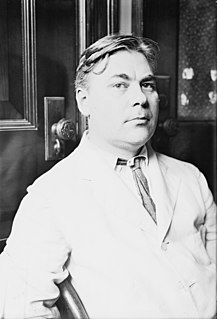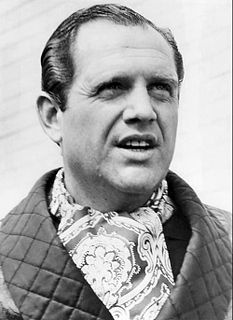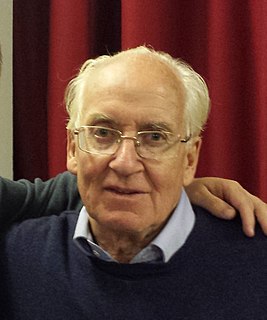A Quote by Don Marquis
Related Quotes
No language can fitly express the meanness, the baseness, the brutality, with which the world has ever treated its victims of one age and boasts of the next. Dante is worshipped at that grave to which he was hurried by persecution. Milton, in his own day, was "Mr. Milton, the blind adder, that spit his venom on the king's person"; and soon after, "the mighty orb of song." These absurd transitions from hatred to apotheosis, this recognition just at the moment when it becomes a mockery, saddens all intellectual history.
It is a shallow criticism that would define poetry as confined to literary productions in rhyme and meter rhythm. The written poem is only poetry talking, and the statue, the picture, and the musical composition are poetry acting. Milton and Goethe, at their desks, were not more truly poets than Phidias with his chisel, Raphael at his easel, or deaf Beethoven bending over his piano, inventing and producing strains, which he himself could never hope to hear.





































